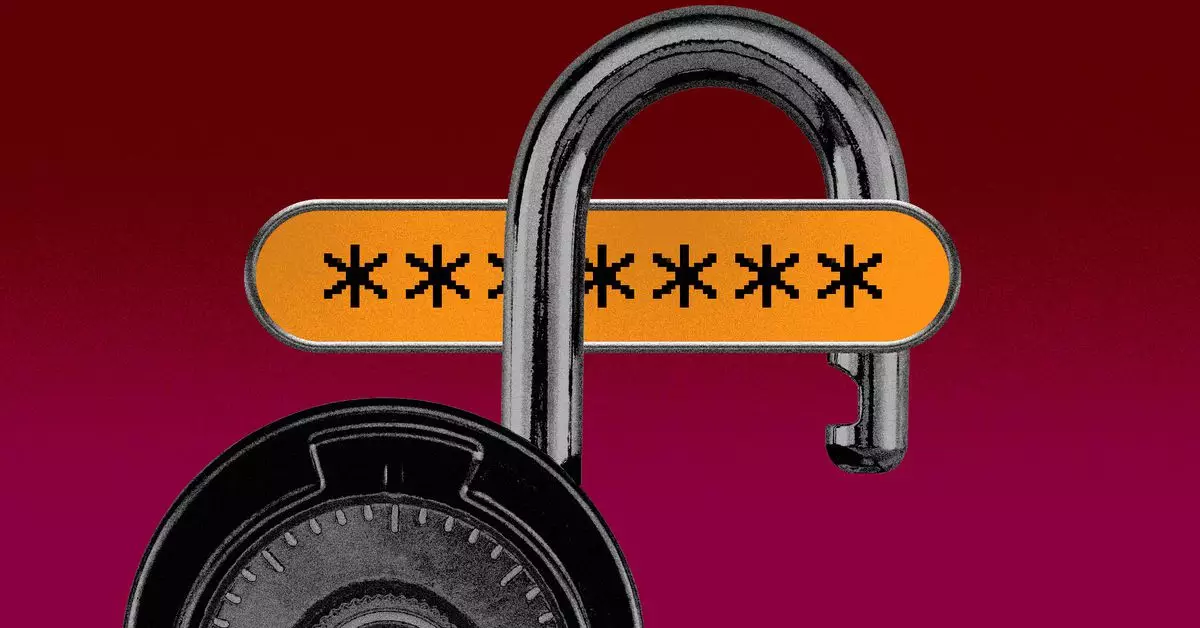In late October 2024, security news emerged surrounding Okta, a prominent identity and access management service, which pointed out a serious vulnerability that had gone unnoticed since mid-July. This vulnerability allowed unauthorized access to user accounts under a unique set of circumstances, specifically when a username exceeded 52 characters in length. This unusual condition sparked discussions about security protocols and how such a flaw could have been integrated into systems ostensibly designed to protect sensitive information.
According to the information released, the vulnerability was tied to Okta’s handling of cache keys during authentication processes. The problem arose when the system used the Bcrypt algorithm for generating a cache key based on a combination of userId, username, and password. Unfortunately, under certain conditions—like a heavy load on the servers or when an agent is down—attackers could theoretically log in without a password, relying solely on the username and a stored cache key from a prior successful login. This introduces a chilling prospect: a user could be logged in without having to demonstrate their authenticity through standard measures like passwords, especially if their account met the specific character threshold.
Another critical aspect relates to an organization’s authentication policies, notably the absence of multi-factor authentication (MFA). If an organization failed to enforce such measures, the vulnerabilities multiplied dramatically. The lack of additional security layers significantly increased the risk of unauthorized access, underscoring the importance of comprehensive security protocols in today’s digital landscape. Organizations relying on only username-password combinations are undoubtedly leaving themselves open to exploitation.
Following the internal discovery of this vulnerability, Okta took decisive action by transitioning from Bcrypt to PBKDF2, a more secure cryptographic algorithm. This shift mitigates the immediate risk posed by the vulnerability; however, the legacy of the flaw raises questions about the efficacy of existing cybersecurity protocols across industries. Organizations impacted by this vulnerability were advised to scrutinize their system logs from the affected period to identify any unauthorized access attempts. This proactive stance aims to restore confidence amongst users and clients.
This incident is a stark reminder of the persistent risks associated with digital security. Although Okta has taken steps to rectify the vulnerability, this situation emphasizes the need for organizations to stay vigilant regarding their security setups. Employing multifactor authentication, regularly updating cryptographic practices, and implementing rigorous auditing protocols are now more critical than ever. As digital landscapes evolve, so too must the strategies employed to safeguard sensitive information. The Okta scenario should serve as both a cautionary tale and a call to action for organizations to reevaluate and reinforce their cybersecurity measures to prevent similar vulnerabilities in the future.

